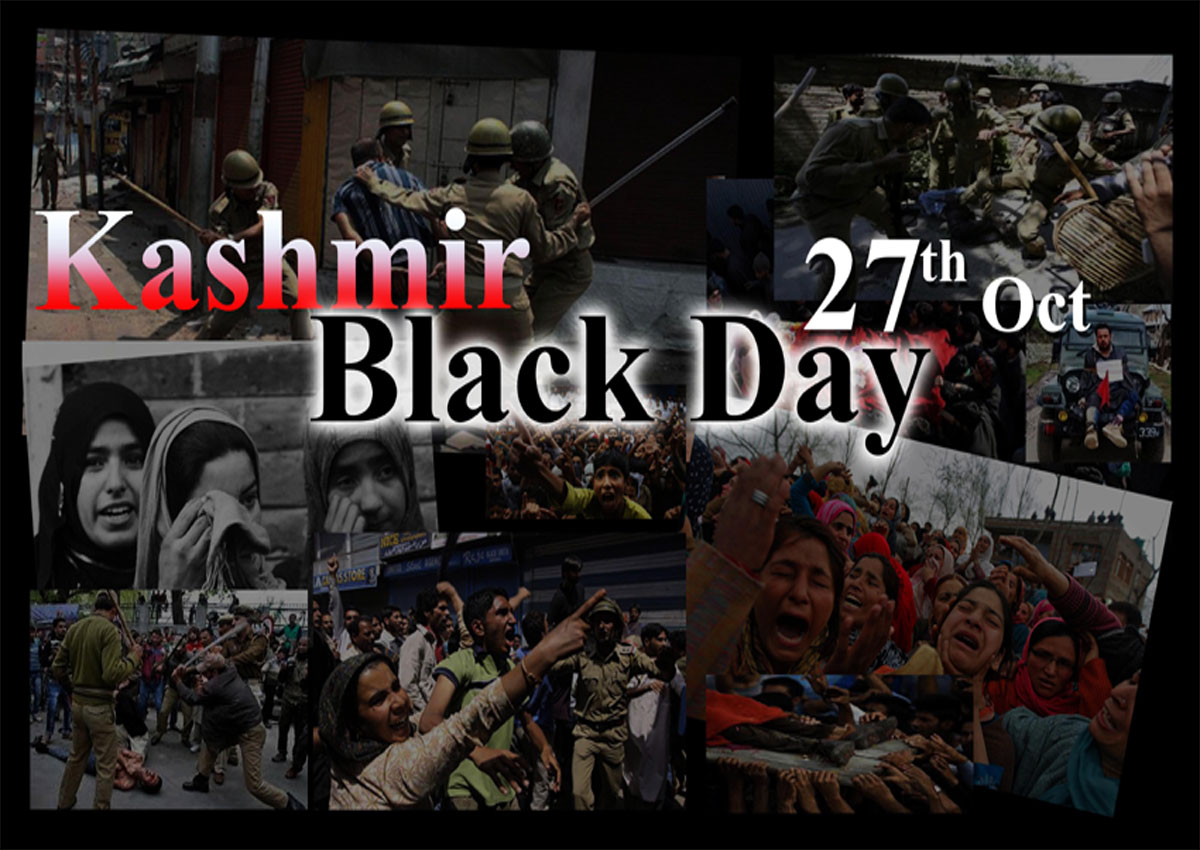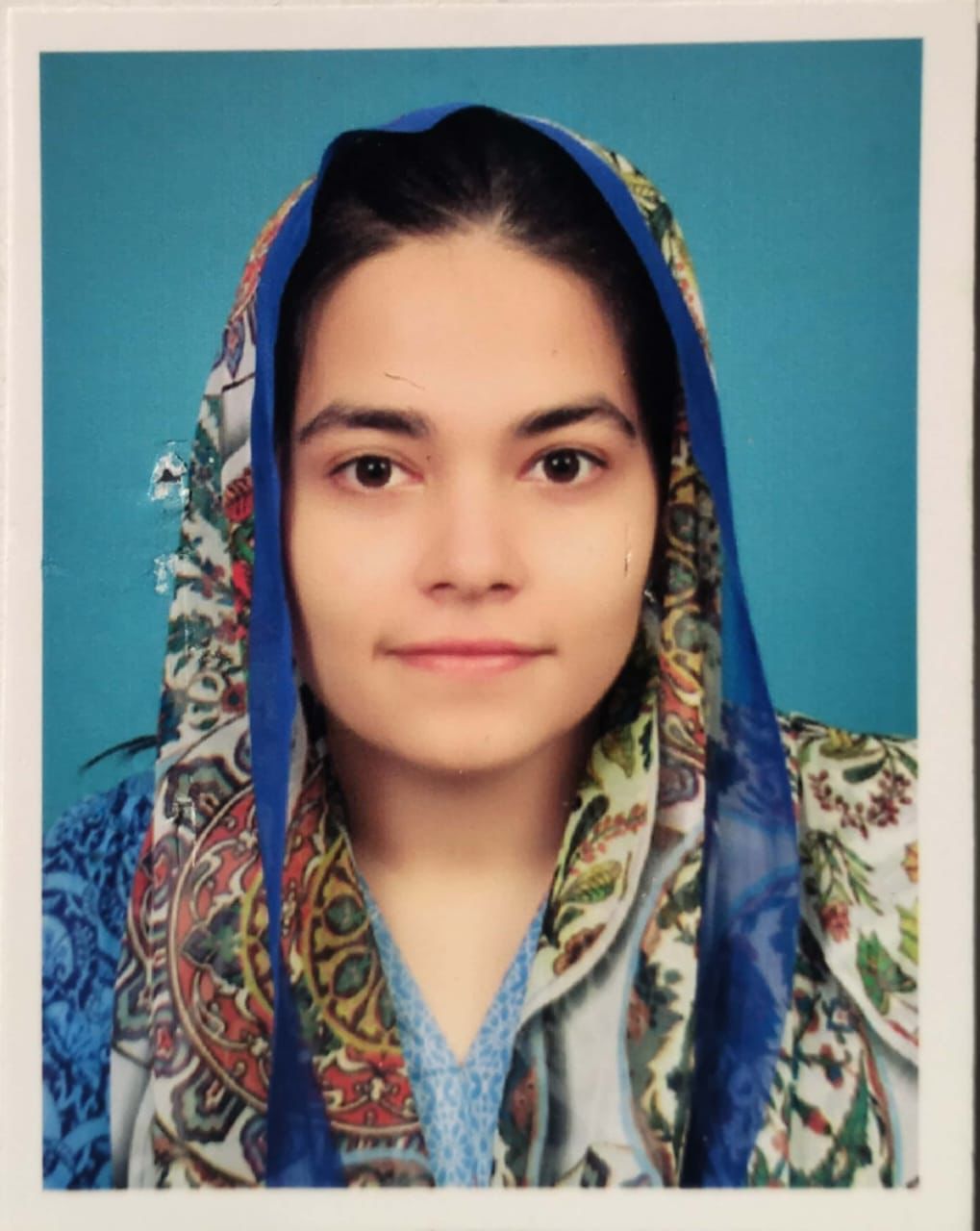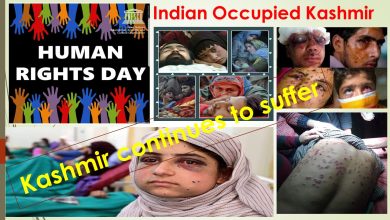
 Every year, October 27 is a sad reminder of the long and unsettled conflict in Kashmir. It is a date for the residents of this disputed land, marking the anniversary of what they perceive as an occupation occurrence still influencing their current reality. The Indian military intervention into Kashmir on 27 October 1947 left deep political and emotional scars and remains one of the key moments in a continued struggle for self-determination. Events of that day paved the way for a conflict that would remain unresolved even today, casting a long shadow over the desires and rights of the Kashmiri people.
Every year, October 27 is a sad reminder of the long and unsettled conflict in Kashmir. It is a date for the residents of this disputed land, marking the anniversary of what they perceive as an occupation occurrence still influencing their current reality. The Indian military intervention into Kashmir on 27 October 1947 left deep political and emotional scars and remains one of the key moments in a continued struggle for self-determination. Events of that day paved the way for a conflict that would remain unresolved even today, casting a long shadow over the desires and rights of the Kashmiri people.
At first glance, the events of 27 October do not seem connected to the major changes in world politics since the partition of British India, but it is significant for the people of the region because this was the dawn of their struggle that continues even to this day. The Indian military was allegedly provoked by an invasion of tribal militias from Pakistan, though the incursion’s legitimacy has been debated year in and year out. On the other hand, the undisputable truth is that this military intervention and step changed history for Kashmir’s future most critically and decisively.
This intervention came after Maharaja Hari Singh, the ruler of Kashmir, declined to grant to either India or Pakistan immediately after partition. This was because, numerically speaking, Kashmir is Muslim majority. So a natural association with Pakistan. On July 19, 1947, the Muslim Conference, which was the most influential political body representing the aspirations of the people of Kashmir, passed a resolution calling on Maharaja Hari Singh to accede to Pakistan. This reflected the desire of much of the country’s population who saw their future in Pakistan. But the Maharaja fearing uncertainty, delayed his response and laid the grounds for the Indian military to intervene.
The intervention of the Indian military on October 27, 1947, took the conflict in a mixed light that is still unresolved to date. India justifies its actions by quoting that the Maharaja had acceded to India, but that accession is somewhat contested. Most Kashmiris saw the arrival of the military as occupation rather than liberation, and this stance has continuously been strengthened over the decades.
The immediate aftermath of the intervention saw an escalation of violence. Among the most tragic incidents is the Jammu Massacre, in which thousands of Muslims lost their lives. It deepened communal divisions and sowed seeds of resentment and anger that remain to this date. The Jammu Massacre has become the history inherited from generations, reminding us of what heavy price Kashmir paid in its quest for self-determination.
To resolve the conflict, India carried the issue to the United Nations and claimed that Kashmir had acceded to India lawfully. The United Nations, on the other hand, demanded a free and fair plebiscite to confirm the will of the people of Kashmir. Though India expressed readiness initially to accept these resolutions, to date, they have not been implemented. The plebiscite that the United Nations so vocally advocated for never went forward, which would have produced a more conclusive result for the Kashmiri people.
The years have changed nothing, merely expression, and it calls Kashmir an “integral part” of India. Many saw this as a betrayal by the Indian government of promises made in the early days of the dispute. The unresolved promise of a plebiscite only adds to the mistrust and complications that a friendly resolution will face.
The situation in Kashmir drastically turned with the unilateral revocation of Article 370 of the Indian Constitution by the Indian government on August 5, 2019. This article granted Jammu and Kashmir a special status that was now taken away, making the entire region lose its autonomy. It is like the final nail in the coffin of the aspirations of the people of Kashmir. The revocation was accompanied by a massive military buildup and an unprecedented lockdown that led to increased human rights violations.
The abrogation of Article 370 has been criticized as an act that seriously jeopardizes the demographic composition of the region. Many believe the policies of the Indian government are to change the demography of the Muslim-majority region by settling non-Kashmiris there. This will serve to marginalize the already disempowered population of Kashmiri Muslims, removing their political and cultural identity.
Most of the conditions today have alarming levels concerning human rights in Kashmir. There are documented instances of extrajudicial killings, arbitrary detentions, widespread surveillance, and suppression of freedom of speech that paint a grim picture of life in the region. International human rights organizations have repeatedly called for independent investigations into these violations but, unfortunately, calls have largely fallen on deaf ears.
That lack of accountability has merely intensified the feeling of injustice shared among the Kashmiri population. The inability or unwillingness of the international community to make India account for her misdeeds has allowed the government to continue its oppressive policies without fear of any retributions. A way to bring peace in this situation can only be found by breaking the unfair cycle of people acting without facing any punishment or consequences.
But what makes the Kashmir issue one that has been kept not only as a strictly territorial dispute but also as a serious humanitarian crisis requiring urgent attention is the implementation of the United Nations Security Council resolutions, especially those calling for a plebiscite in answering the aspirations of the Kashmiri people. The international community must demand an independent investigation into the grave human rights violations in this region for decades.
The 27th of October is not just a day of remembrance but more of a call to action for the people of Kashmir. It reminds the world that their fight for self-determination is far from over. For years, the Kashmiri people have been associated with violence, repression, and broken promises. It is time that the world stands united and supports them in their quest for peace, and justice, and provides them their fundamental rights.
October 27 is a day of grieving for Kashmir. It is also a day of hope, the hope that someday these people will determine their future. The rest of the world should not turn a blind eye to this tragedy. The need is now, and it is through collective action that this humanitarian crisis in Kashmir will end. Peace, justice, and dignity should be what people in Kashmir aim for, and it is on the 27th of October that all of this needs to be remembered.
The writer is a student at the National Defense University Islamabad, pursuing a degree in Peace and Conflict Studies, and is currently serving as an intern at Kashmir Insititute of International Relations.








